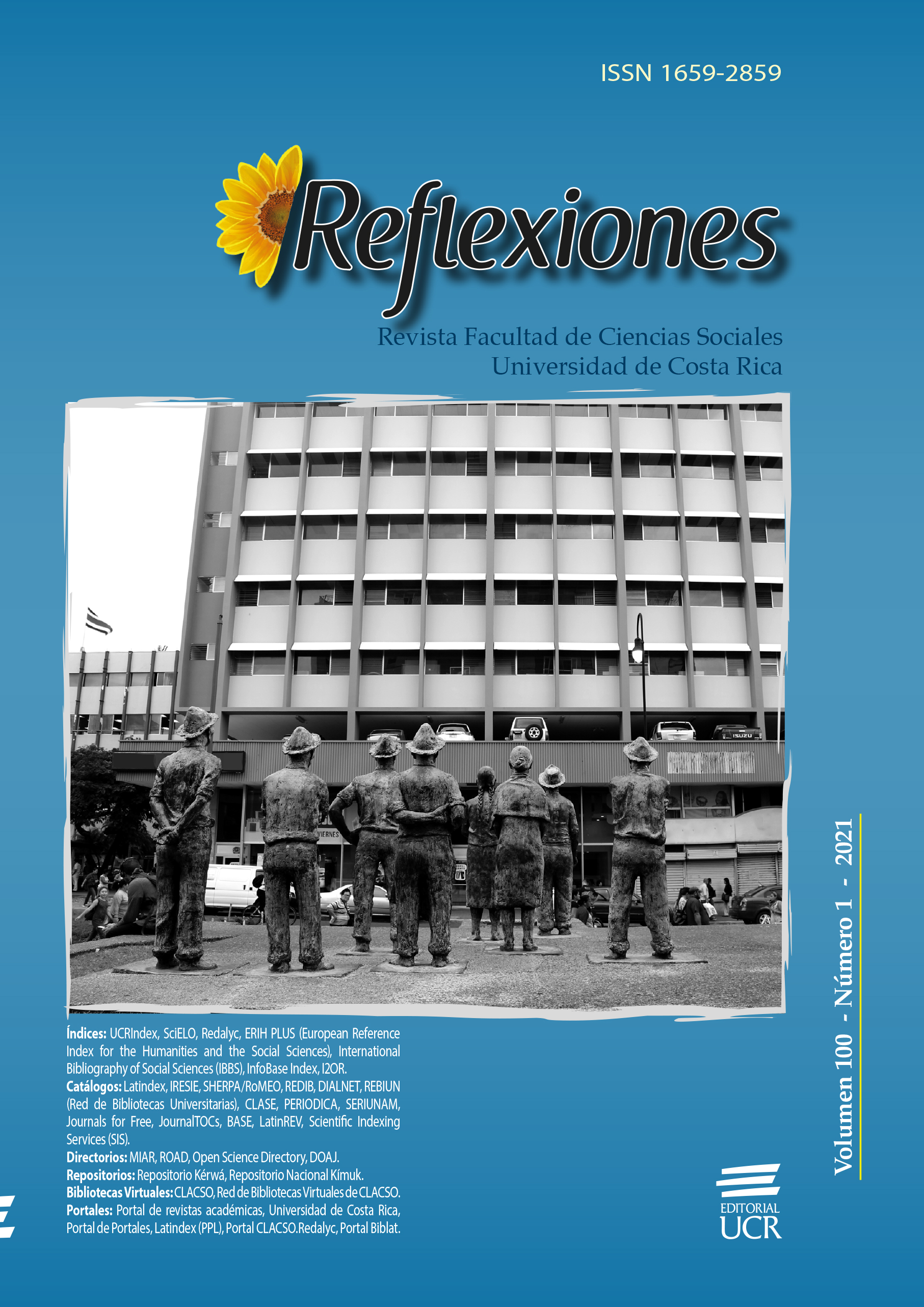Abstract
Introduction
The study of self-esteem in Children and Adolescents (NNA for its abbreviation in Spanish) has shown that it is a dynamic phenomenon influenced by social relationships and the context where NNA live, all of which affect their personal development and school experience.
Goal
In this sense, this paper analyses the relationship between self-esteem in NNA and factors related to school, family, and peer relationships.
Method and techniques
The data are from secondary sources, provided by the United Nations Development Program (PNUD for its abbreviation in Spanish) that corresponds to the First Survey of Human Development in Children and Adolescents carried out, from a quantitative perspective, in Chile in 2017. A descriptive analysis with Decision Trees techniques will be presented and it will allow the identification of different subgroups in the sample according to their relationship with the variables of interest.
Results
It was found that the “satisfaction with life” is the most significant variable to outline the self-esteem of NNA, followed by the “perception of educational quality” and “self-image”. The positive evaluation of family and school-life experiences favorably conditions the feeling of self-esteem, even in contexts of low educational quality.
Conclusion
The study of the relationship between self-esteem in NNA and factors related to their relationship with family, teachers, or peers are fundamental to articulate school-intervention projects that address cognitive development and the promotion of satisfactory experiences at school.


